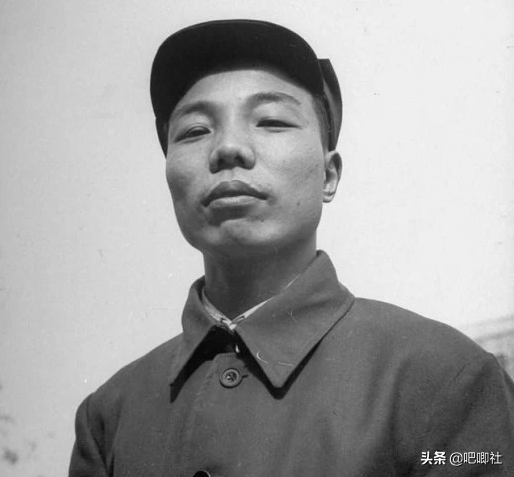In March 1949, the various field armies were unified and changed their names, and Higashino was reorganized into the Fourth Field Army, with 4 corps under its jurisdiction.
Xiao Hua, commander of the Special Forces of the Northeast Field Army, was transferred to the political commissar of the 13th Corps, and the commander was Cheng Zihua.

He received the appointment, did not arrive at his post, and was summoned by the central government to see Beiping. Chairman Mao, Liu Shaoqi, General Manager Zhu, Vice Chairman Zhou, and other leaders received cadres at and above the Level of the Four Wild Divisions.
When Chairman Mao saw Xiao Hua, he greatly praised this "doll commander," saying that he had a good life, could be a commander, and could be a political commissar, and many ordinary people admired him.
The next day, Chairman Mao received him again and gave him an important task of leading a youth delegation to visit abroad, serving as its head, and attending the World Youth Festival.
The leader of the regiment's preferred regiment was not Xiao Hua, but Liao Chengzhi. But Liao Chengzhi was doing united front work and couldn't open his body. In 1932, Xiao Hua served as the head of the Youth Department of the Political Department of the First Red Army, and in 1935 he was elected as the sixth executive member of the International Communist Youth Federation, because of the Long March, he was absent from the International Youth Federation, and it was very appropriate for him to lead a delegation this time.
After accepting the task, Xiao Hua studied diplomatic etiquette while forming a delegation of candidates. In fact, the work of the 13 corps has always been the commander Cheng Zihua to grasp it in an all-round way.
In April 1949, Luo Ronghuan met Wang Ping, commander of the Beiyue Military Region, at the headquarters of the North China Military Region, and told him whether he would like to serve as the political commissar of the 13th Corps in Siye. Wang Ping himself agreed, he had been working on the second front for a long time during the Liberation War, and he also hoped to command the front.
When Luo Ronghuan talked to Nie Rongzhen about Wang Ping's transfer, Nie Rongzhen said that Wang Ping could not leave, and there was still a lot of work to be done, so he was sent to the Chahar Military Region as a commander and responsible for suppressing bandits.
The reason why Nie Rongzhen did not agree was that there were too few cadres in the North China Military Region, Xiao Ke and Zhao Erlu had already been transferred to the first and second chiefs of staff of Siye, and deputy commander Xu Xiangqian was recuperating. The 18th Corps and 19th Corps of the North China Military Region were assigned to the field operation. Vacancies such as deputy commanders of military regions, chiefs of staff, and directors of political departments cannot be transferred again. Otherwise, the military district cannot function.
Until July 1949, liu Yalou, commander of the 14th Corps, was ready to take charge of the formation of the Air Force, and the political commissar Mo Wenhua transferred the 13th Corps to follow Cheng Zihua to liberate Guangxi.